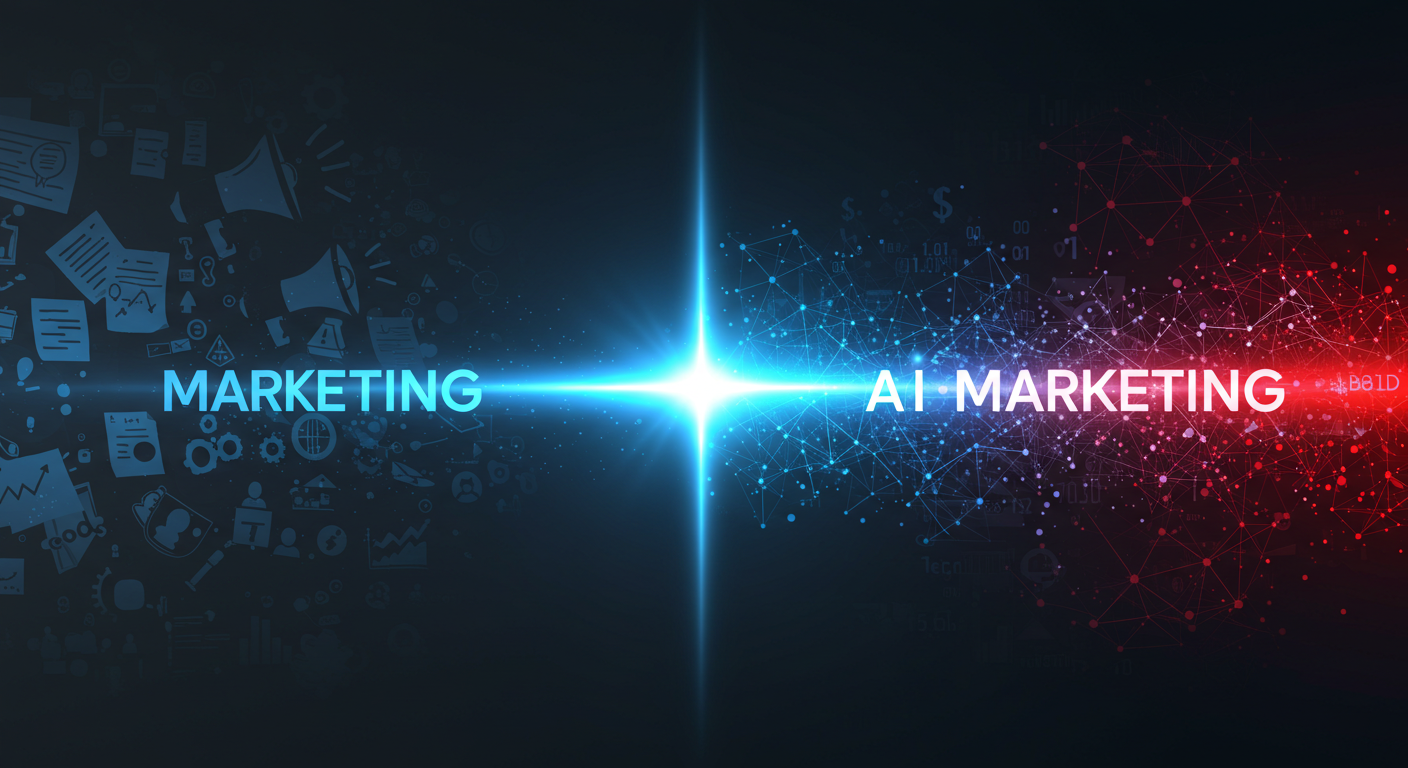Your cart is currently empty!

Marketing Works, but AI Marketing Works Better
Marketing has always been simple in theory and hard in practice: the right message, to the
right audience, at the right moment. Do that consistently and you win. The problem is scale.
There is staff turnover, timing issues, and new channels. Traditional marketing works—but it
often works slowly, expensively, and relies too much on guesswork.
AI removes most of the guesswork. Instead of broad segments, you get living, breathing
micro-audiences that update in real time. Instead of quarterly reports, you see what’s
resonating by the hour. Predictive models flag who’s likely to buy before they act. Creative
tools draft on-brand copy and visuals in minutes, not days, so you can test ten ideas instead
of two. Media budgets auto-rebalance toward top performing strategies. Personalization
finally becomes practical—dynamic offers, subject lines, and landing pages that adapt to
each visitor like a good salesperson would.
This isn’t just for large companies. A digital marketer can assist small businesses as well,
wiring up an AI stack that: scrapes reviews for language customers use, turns that into ads
and emails, spins up SEO briefs, watches analytics for anomalies, and launches
comparative tests while they sleep. The outcome isn’t “robots replacing marketers”; it’s
marketers spending time on strategy, story, and relationships while the machine handles the
repetition.
Of course, the edge goes to teams that use AI responsibly. Feed it clean data. Set guardrails
for brand voice and claims. Measure lift against a clear baseline. Keep humans in the loop
for judgment, taste, and ethics—because trust compounds faster than reach.
Marketing works. It always has. But when you pair timeless principles with tools that learn,
optimize, and personalize at scale, marketing works better—faster insights, leaner budgets,
and campaigns that feel made for the person seeing them. That’s an advantage worth
investing in